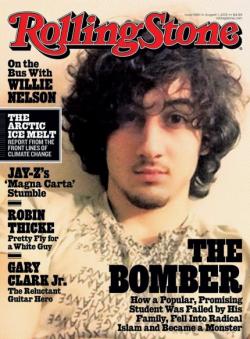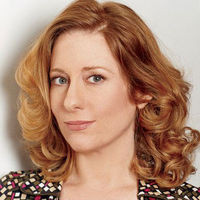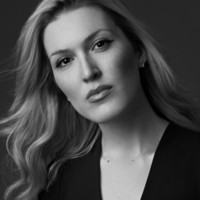Katie J.M. Baker is a reporter for BuzzFeed News.
“I went to Steubenville a year after the sexual assault to cover their first big football game of the season and I was face-to-face with these people who I had been writing about without knowing much about them. From far away it seems like, do these details matter? Do we care if these people’s lives get messed up when the narrative is so strong, when Steubenville now stands for more awareness around rape culture? But when you’re there, of course it matters. After that piece I realized I didn’t want to blog anymore and I wanted to just focus on reporting.”
Thanks to Casper, Scribd, and TinyLetter for sponsoring this week's episode.



















